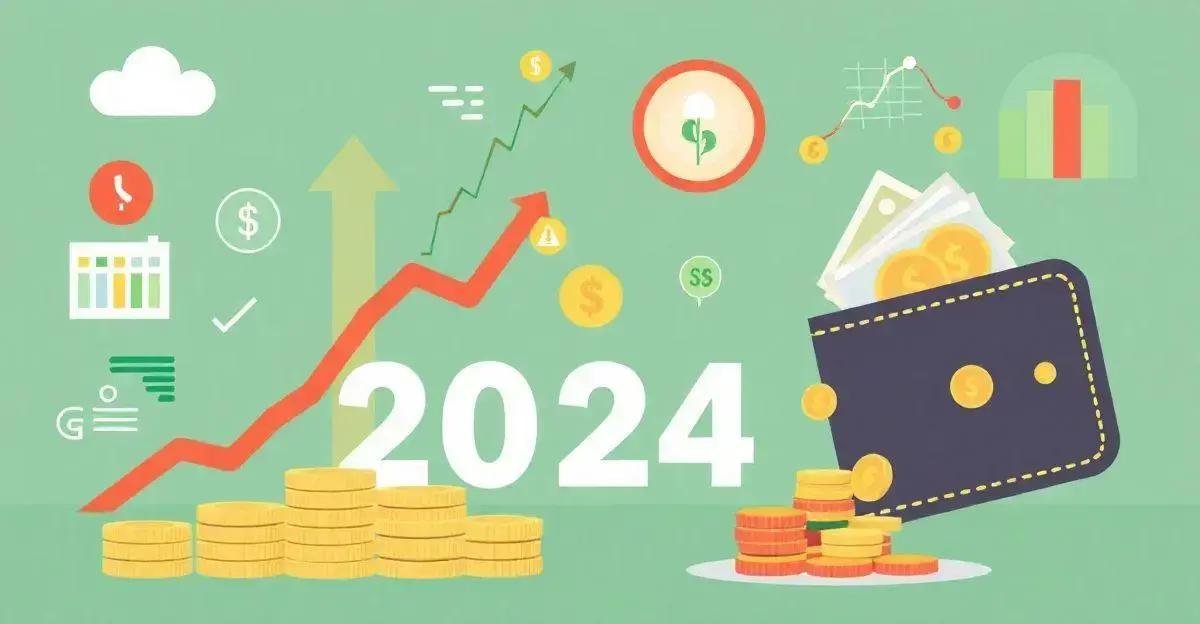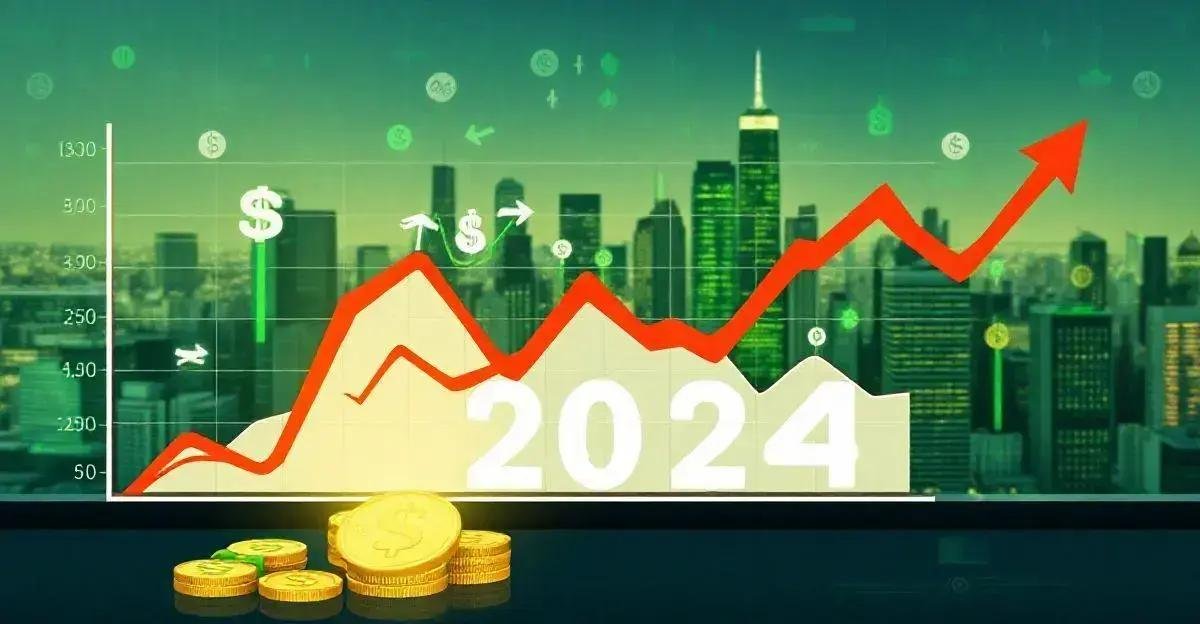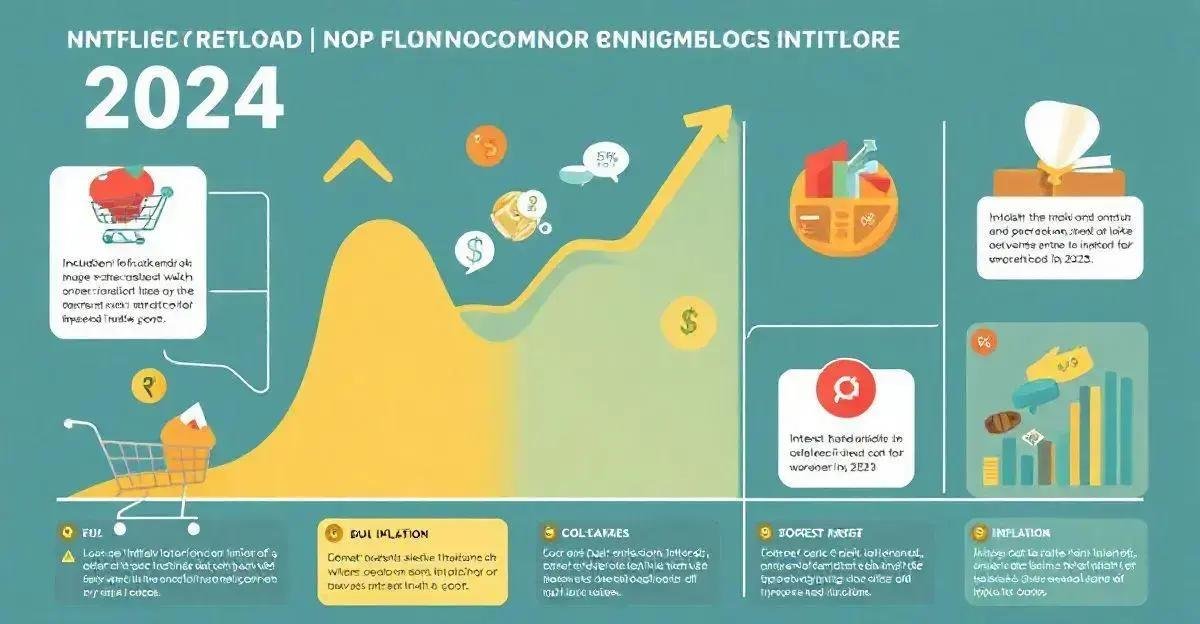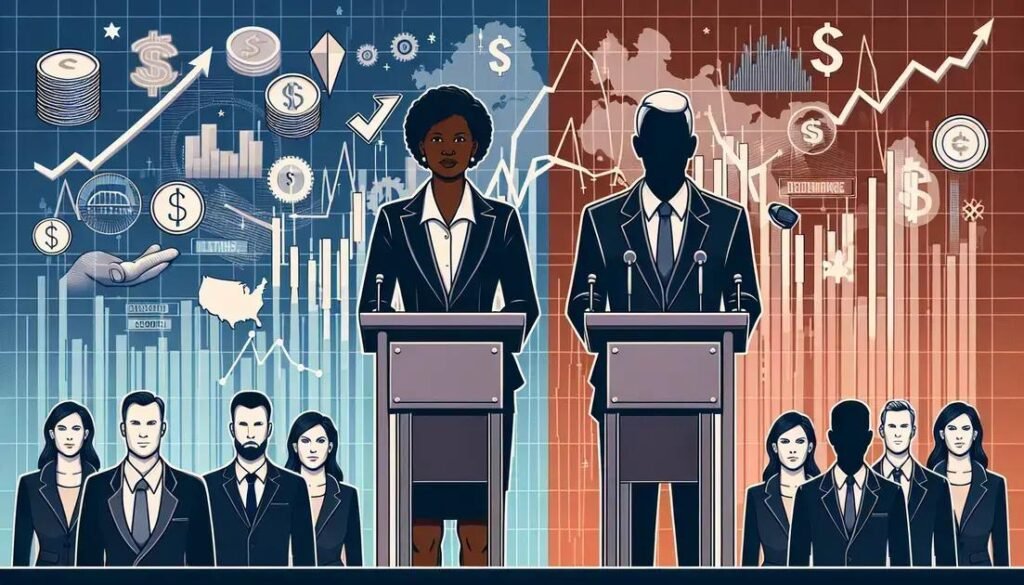Inflation rates have been making headlines lately, and for good reason.
As the cost of living continues to rise, it’s essential to understand what drives these increases and how they’ll impact your finances.
In this article, we’ll delve into the world of inflation rates, exploring the factors that contribute to these changes and what experts predict for the future.
Inflation Rate Definition and Impact on Economy
Inflation refers to the rate at which prices for goods and services are rising, resulting in a decrease in the purchasing power of consumers. The inflation rate is typically measured as an annual percentage increase in the Consumer Price Index (CPI). A high inflation rate can have a significant impact on the economy, as it can lead to reduced consumer spending, increased uncertainty, and a decrease in the value of money. Conversely, a low inflation rate can indicate a healthy economy with stable prices and a strong currency.
Causes of Inflation Rate Increases

Inflation rate increases can be attributed to various factors, including an increase in aggregate demand, a decrease in the money supply, and supply chain disruptions.
Additionally, external factors such as global events, natural disasters, and fluctuations in commodity prices can also contribute to inflation rate increases. For instance, a severe drought in a major agricultural region can lead to a shortage of essential crops, causing prices to rise.
Similarly, a global pandemic can disrupt global supply chains, leading to shortages and price increases. Understanding the underlying causes of inflation rate increases is crucial for policymakers to develop effective monetary and fiscal policies.
Inflation Rate Predictions and Forecasts
Inflation rate predictions and forecasts are crucial for businesses, investors, and policymakers to make informed decisions about investments, resource allocation, and economic policy. Economists use various methods to predict and forecast inflation rates, including analyzing historical data, monitoring economic indicators, and assessing global events. The predictions and forecasts are often based on statistical models and econometric techniques, which help to identify patterns and trends in the data. By considering factors such as GDP growth, unemployment rates, and consumer spending habits, experts can develop accurate predictions and forecasts of inflation rates.
Inflation Rate and Stock Market Performance

The relationship between inflation rates and stock market performance is complex and influenced by various factors. A moderate level of inflation can actually benefit the stock market by increasing demand and stimulating economic growth. However, high inflation rates can lead to reduced consumer spending, increased uncertainty, and a decrease in the value of stocks. For instance, the stock market experienced a significant decline during the 1970s, when inflation rates were high and economic growth was slow. Historical data shows that high inflation rates have led to significant declines in stock market values, while low inflation rates have led to modest gains.
Inflation Rate and Interest Rates
Inflation rates and interest rates are closely linked, as changes in inflation rates can lead to changes in interest rates.
When inflation rates rise, central banks may increase interest rates to curb inflation and maintain economic stability.
Higher interest rates can lead to increased borrowing costs, reduced consumer spending, and a decrease in the value of stocks.
Conversely, lower interest rates can stimulate economic growth by reducing borrowing costs and increasing consumer spending.
The Federal Reserve has raised interest rates several times in recent years to combat high inflation rates and maintain economic stability.
For instance, the Fed raised interest rates in 2018 to combat rising inflation expectations and maintain economic growth.
Inflation Rate and Consumer Spending Habits

The relationship between inflation rates and consumer spending habits is complex and influenced by various factors.
When inflation rates rise, consumers may reduce their spending due to reduced purchasing power. Conversely, low inflation rates can lead to increased consumer spending and economic growth.
Historical data shows that low inflation rates have led to increased consumer spending and GDP growth, while high inflation rates have led to reduced consumer spending and economic contraction.
For instance, the strong economy in the 1990s was characterized by low inflation rates and high consumer spending. As a result, consumers have more disposable income to spend on goods and services, which can stimulate economic growth and job creation.
Frequently Asked Questions about Inflation Rate and Economy
What is the relationship between inflation rates and consumer spending habits?
The relationship between inflation rates and consumer spending habits is complex and influenced by various factors. When inflation rates rise, consumers may reduce their spending due to reduced purchasing power. Conversely, low inflation rates can lead to increased consumer spending and economic growth.
How does inflation rate impact the stock market?
Inflation rates can impact the stock market by affecting the value of stocks. High inflation rates can lead to reduced consumer spending, increased uncertainty, and a decrease in the value of stocks.
What is the relationship between inflation rates and interest rates?
Inflation rates and interest rates are closely linked, as changes in inflation rates can lead to changes in interest rates. When inflation rates rise, central banks may increase interest rates to curb inflation and maintain economic stability.
How do I predict and forecast inflation rates?
Economists use various methods to predict and forecast inflation rates, including analyzing historical data, monitoring economic indicators, and assessing global events.
What are some causes of inflation rate increases?
Inflation rate increases can be caused by various factors, including an increase in aggregate demand, a decrease in the money supply, and supply chain disruptions.
How can I reduce the impact of inflation rate on my business?
You can reduce the impact of inflation rate on your business by diversifying your investments, reducing costs, and increasing prices gradually.




